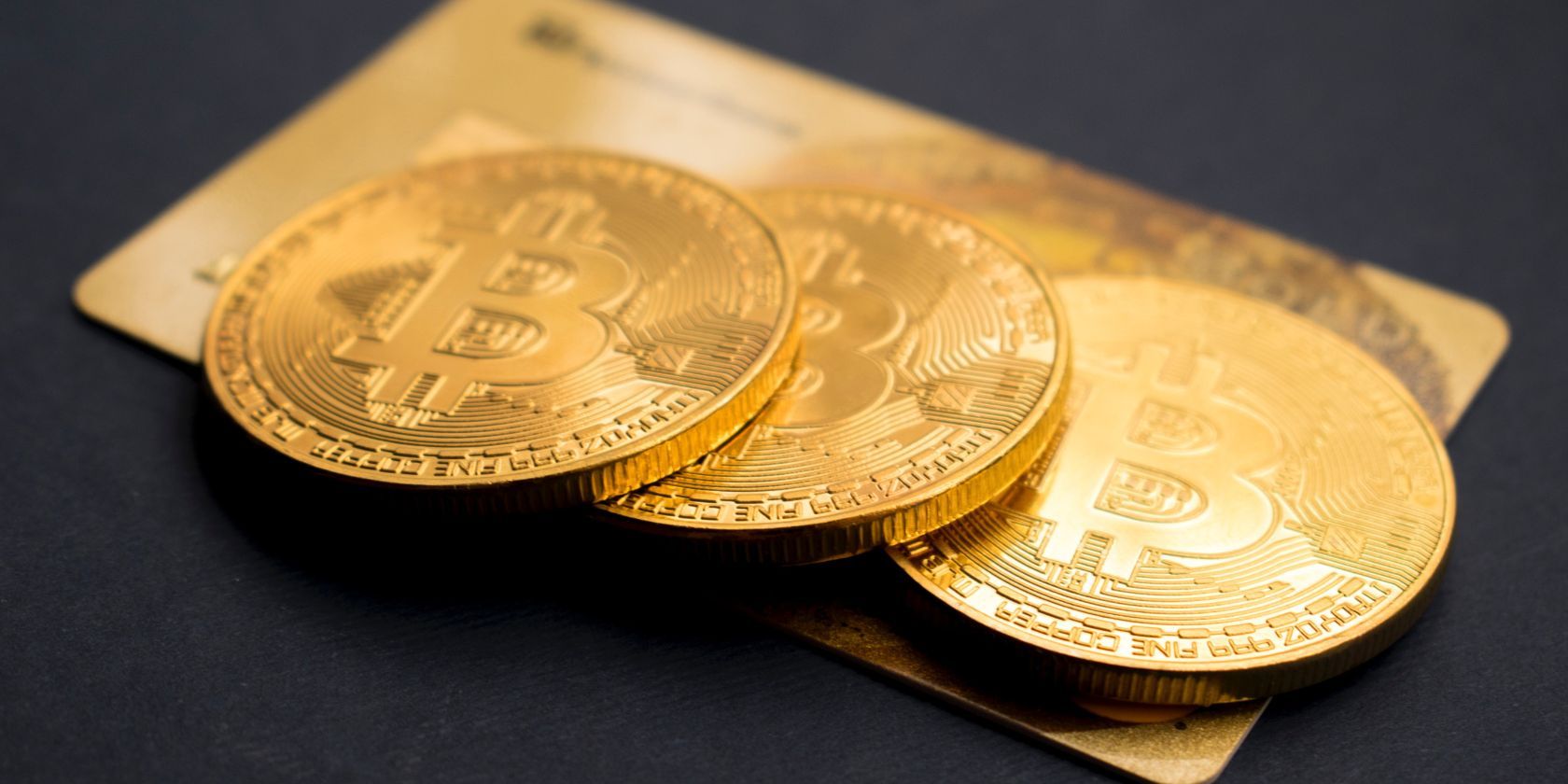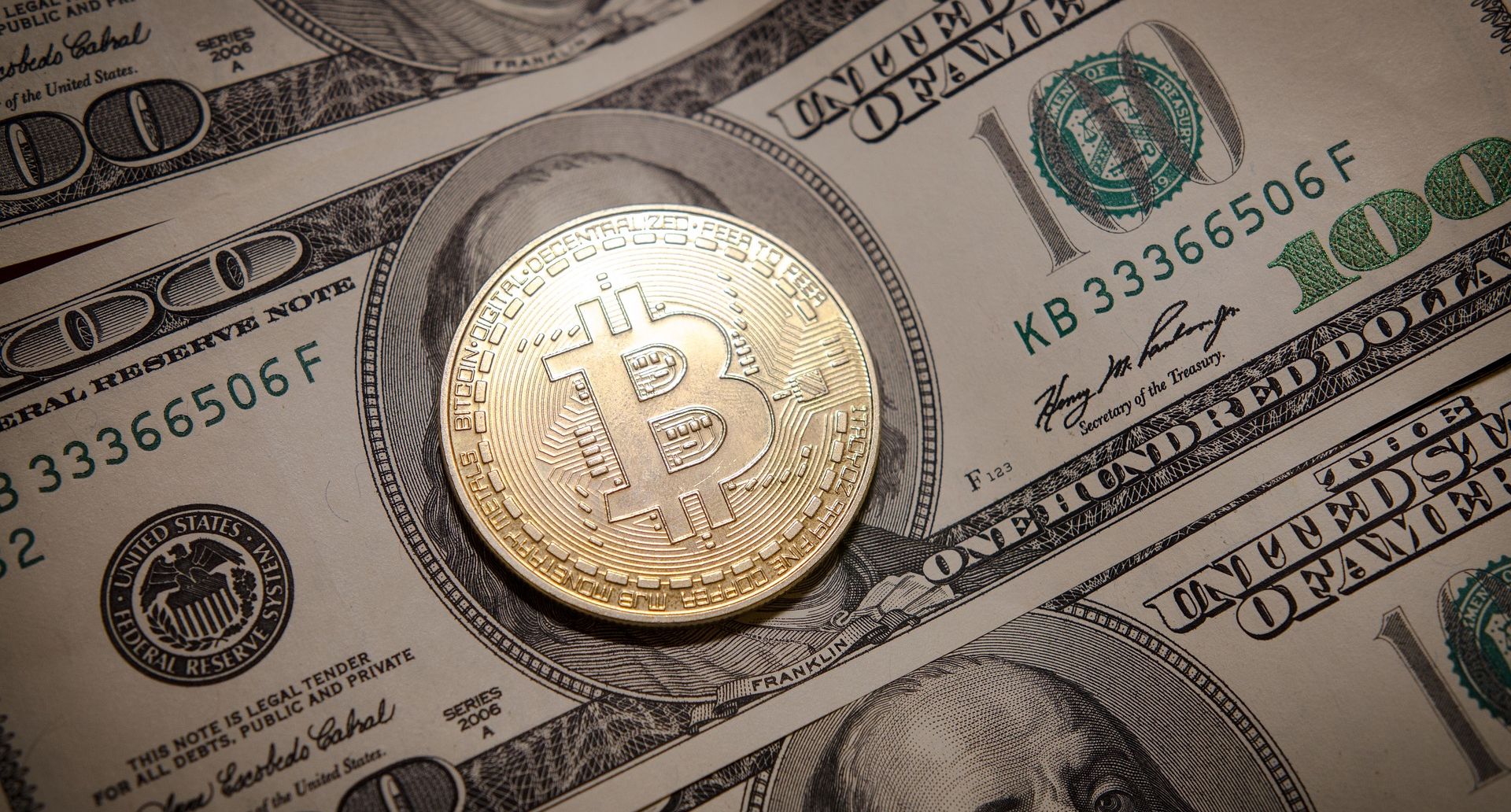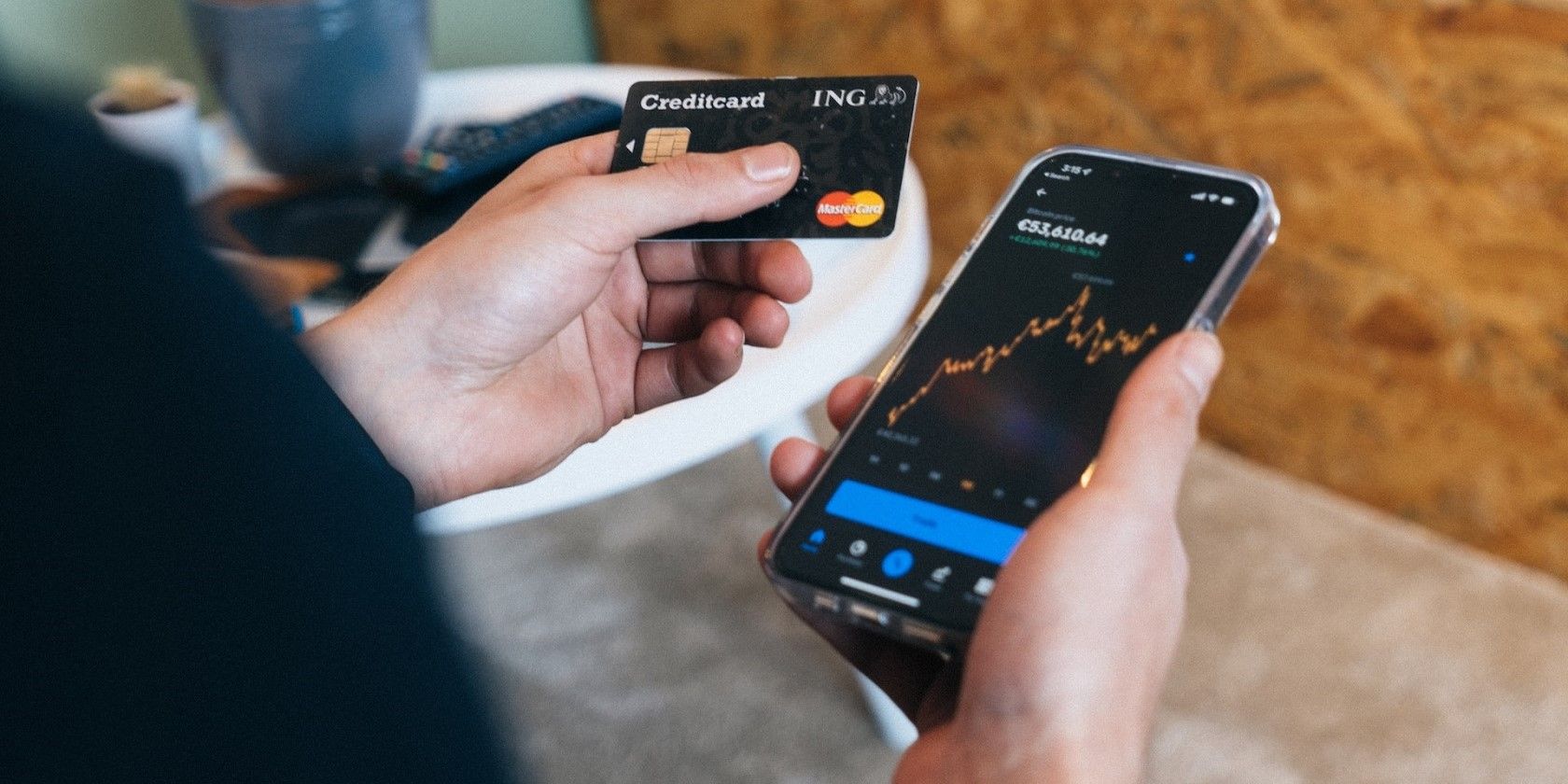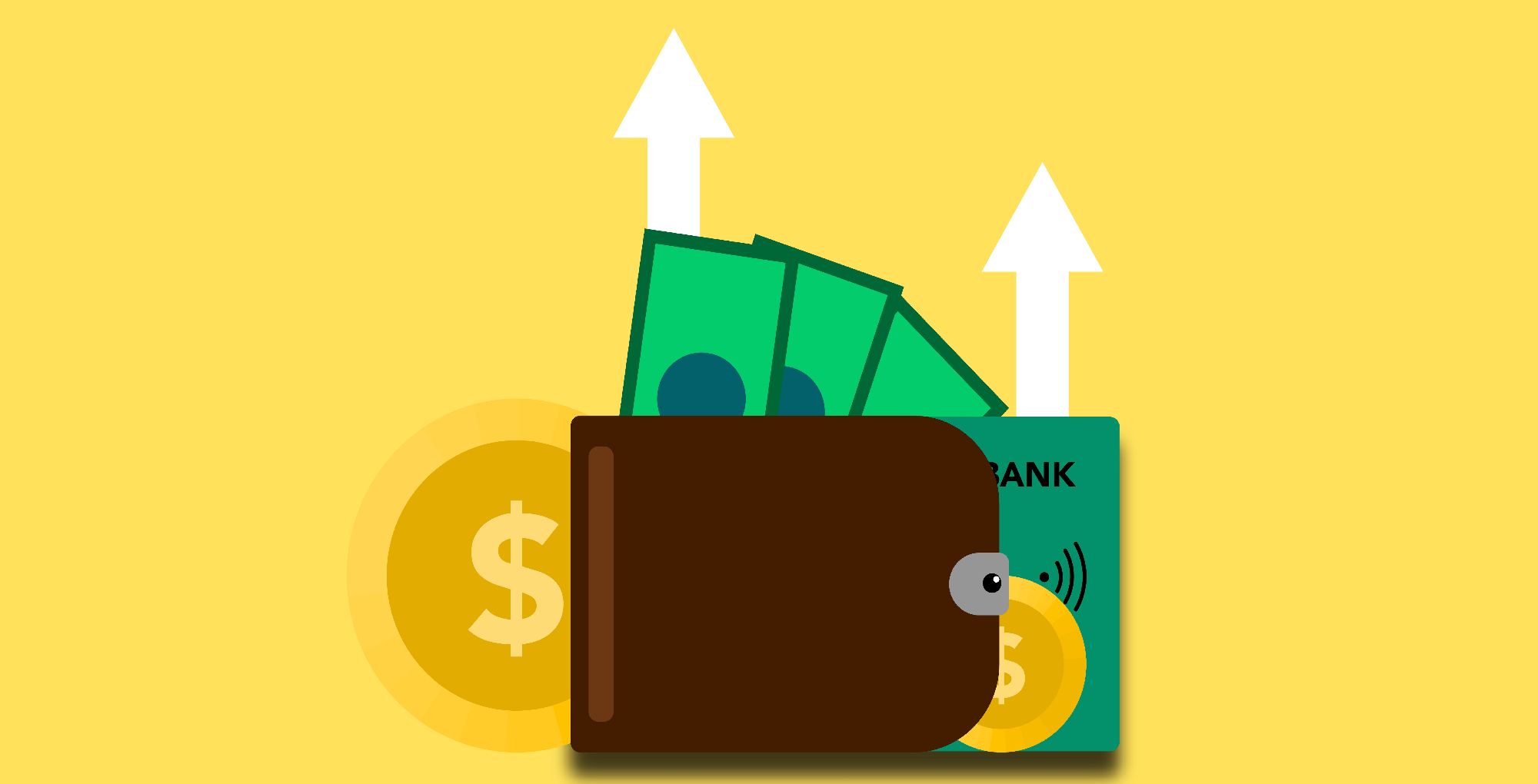While crypto is by no means the same as traditional money, many crypto assets do hold value and can be used in trading, loans, purchases, and more. But if this is the case, does that mean crypto can also have an effect on your credit score? What exactly is the relationship between crypto and credit score, and should you be concerned about it?
Crypto's Relation to Credit Score
If you have a credit card, taking out loans, or using any other kind of credit (i.e., money that isn't technically yours), your credit score can be affected. Your credit score lets others see how risky it is to lend you money. If your credit score is low, you're considered a riskier borrower. If it is higher, you're considered less of a risk.
If you're late in your credit or loan repayments, this will have a negative effect on your credit score. But how do things work with crypto?
Crypto is a much more limited asset than traditional money and is accepted by far fewer vendors and banks worldwide. You can't take out a crypto loan nearly as easily as a typical loan, and crypto credit cards aren't very common. However, these two services do exist.
This is where decentralized finance (DeFi) comes into play. DeFi is the financial industry of cryptocurrency, wherein you can access a number of useful services, such as exchanges, lending and borrowing platforms, credit and debit card providers, and more. If you're big into crypto and use it regularly, you may want to use these DeFi services. But this is where your credit score may be affected.
How Can Crypto Lower Your Credit Score?
Crypto can firstly be damaging to your credit score if you choose to use a crypto credit card.
Crypto credit cards let you use your cryptocurrency funds to pay for products and services in the real world. In other words, the card vendor will take your cryptocurrency, and then use traditional funds in its place to make purchases. Most crypto credit cards reward customers for usage. This often comes in the form of crypto cashback. Crypto.com, for example, offers users up to five percent cashback on all purchases made with its crypto credit card.
Crypto credit cards also offer other features, such as staking and the removal of annual fees. You can even link your crypto credit card to an exchange (depending on the type you're using).
But beyond all this allure, crypto credit cards are still just that: credit cards. This means that you're using credit to make purchases—credit that you'll need to pay back. If you're on top of your finances and don't run into any economic trouble, this shouldn't be an issue. As you likely know, making credit repayments early or on time is good news for your credit score.
If, however, you consistently miss credit repayments on your crypto card, trouble can arise. Not making your loan repayments on time naturally has a negative effect on your credit score, and this is no less the case with a crypto credit card than it is with a traditional card.
But this scenario isn't limited to crypto credit cards alone.
In fact, using your traditional credit card can also spell trouble for your credit score. Say, for example, you reach your credit limit for buying Bitcoin and then you do not have the funds to make a repayment. Regardless of whether you used this credit to buy Bitcoin, Ethereum, or a new pair of shoes, if it isn't repaid in time, your credit score can suffer.
Investing in crypto always comes with risks, but you may be making yourself even more vulnerable if you invest using credit. After all, if you're using borrowed money to buy a crypto asset, and that asset then plummets in price, you've lost a portion of that borrowed money, which you still need to repay.
You should also watch out for crypto scams, as these can indirectly have an effect on your credit score. For instance, if you use credit to invest in a crypto scheme, and it turns out to be a scam, you could end up losing a lot of money. This could make it very difficult to make credit repayments, which, in turn, will damage your credit score.
How Can Crypto Increase Your Credit Score?
Crypto can have a positive effect on your credit score too. But, again, this is only the case if you're using credit to buy cryptocurrency.
Your credit score can take a hit if you're late in your credit repayments, but this goes both ways. If you have a crypto credit card, for example, and you make your credit repayments early or on time on a consistent basis, your credit score is likely to benefit from this.
Additionally, if you're using a typical credit card to buy crypto, make sure you make your repayments on time so that your credit score will reap the rewards. Again, this doesn't mean that crypto will directly affect your credit score. Regardless of what you're buying, making traditional credit card repayments on time is a net positive for your credit score.
When Crypto Won't Affect Your Credit Score?
There are various instances where buying, selling, or using crypto won't affect your credit score at all.
For example, if you trade crypto using a debit card or bank transfer, the crypto itself and how it is used will have no relation to your credit score.
Additionally, if you take out a crypto loan in the DeFi realm, your credit score will not receive any impact. Again, this is because crypto in and of itself is not tied to credit. The collateral you provide on a crypto lending platform will also be in the form of crypto, not credit, so this won't affect your score, either. Of course, this doesn't mean you shouldn't pay your crypto loans back. Being negligent in this respect can lead to a temporary or permanent ban from the DeFi lending platform.
Don't Ignore the Indirect Ties Between Crypto and Credit
If you're interested in crypto but also enjoy the use of credit cards, be careful about how the two sometimes interact. While crypto often stays separate from your credit, there are scenarios in which this isn't the case, such as those discussed above. Keep these in mind to avoid lowering your credit score via cryptocurrency.





